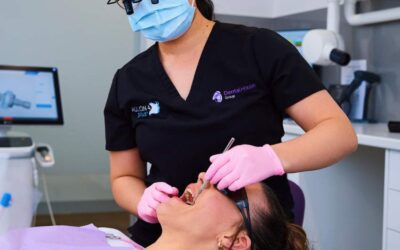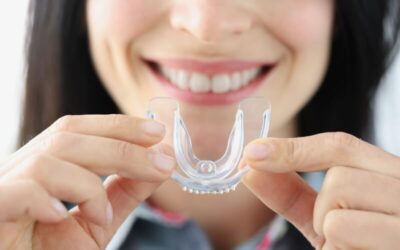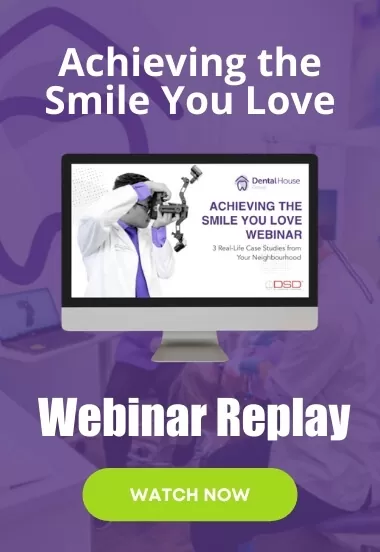Oral Bacteria Can Cause Brain Abscesses
Oral Bacteria Can Cause Brain Abscesses

We’re quickly learning that its imbalance creates all sorts of havoc in the system: from diabetes to heart disease; arthritis to dementia. Then there’s the connection between oral and gut microbiome, and anxiety and depression.
That dental care for many still hinges on a lottery win or the death of a distant, generous, millionaire great aunt, makes burying our heads under blankets the preferred option – in the sand, the grittier one.
The simple truth is that the health of the microbial community in your mouth, pretty much designates the health of the rest of you.
Considering there are many, many more of them than a singular one of us (like at least 218 microbial genera and 570 species) we might as well accept it and move on before we’re crippled with arthritis.
One recent study published in the Journal of Dentistry, researched the association between brain abscesses and oral cavity bacteria. While an intracranial abscess is relatively uncommon, it does carry a significant mortality and morbidity rate.
After examining the records of 87 patients admitted to hospital with brain abscesses, in the 52 patients for whom no cause could be identified, it was found that they were three times as likely to test positive to oral bacteria in their abscess biopsy.
At least it’s not the terror of a teratoma. Granted, it’s a rare occurrence that teeth are found in a tumour (very different to an abscess), but they have been found. Notably in patients between the ages of 1 and 46 years, with the average age being 14.8; and a male to female ratio of 28:3.
Something that might come up at pub trivia.
Patients in the abscess study also carried significantly higher counts of Streptococcus anginosus, a bacterium found in pharyngitis, bacteremia, and infections in the brain, lung, and liver. It’s also commonly found in oral abscesses.
Ultimately, the published findings suggest that the oral cavity be considered a source of infection when no clear cause can be been established.
Head of the research team, Dr Holly Roy, NIHR Clinical Lecturer in Neurosurgery at the University of Plymouth, UK said, “While many potential causes of brain abscesses are recognised, the origin of infection often remains clinically unidentified.

It seems the last sentence is the one least comprehended by governing health bodies worldwide, with the exception of basically Japan, Denmark, Korea and Sweden. Only they, and a few other nations actually get that. Everywhere else bears the brunt of more than a billion cases of gum disease and two billion cavity sufferers on the planet.
No wonder we do what we do.
Dr Roy’s study is just one part of a series of ongoing research within the University of Plymouth’s Oral Microbiome Research Group. Dr Raul Bescos and Dr Zoe Brookes are investigating the relationship between the oral microbiome and a series of cardiovascular and neurological conditions.
Further to the same study, clinical trials are underway exploring the connection between gum health and Alzheimer’s disease. High cardiovascular risk patients will also be able to be identified in primary care dental clinics because the disruption gum disease creates to the healthy balance of oral bacteria, is key indicator of high blood pressure and a potential for stroke.
Intracranial abscesses are relatively uncommon. Like all abscesses, however it’s quick to form – about two weeks. Crudely, an abscess is a confined collection of pus from a bacterial infection. They can form anywhere in the body; the most common sites being on or under the skin, and in the mouth.
Incidences of brain abscesses account for approximately 1 in 10,000 hospital admissions. For the general populous of developed countries it’s a rarity: with a population of 332 million, the US annually reports between 1,500 and 2,500 cases.
Some recognised symptoms include a headache that can’t be relieved with analgesics, fever, confusion, vomiting, neck stiffness, difficulty walking or limb weakness. Untreated, it’s almost always lethal: but as already mentioned, unless you’re male and under the age of thirty, or a child between the ages of 4 and 7, odds on it’s a hangover.
Still, it’s another good reason to prioritise your dental health – particularly as a biological Gen Z guy. Health issues like this don’t conform to non-binary and gender fluidity because life can be unfair like that and it’s more important to not have your brain rupture.
For parents, it’s a reminder to instil in your children good dental hygiene habits and a familiar and friendly relationship with their dentist.
And to be a really useful role model, by properly caring for your teeth by budgeting for routine check-ups, and being mindful of the healthy family diet that goes with having optimal dental health.
Looking after your teeth and gums is a no-brainer. Rightly or wrongly, the wool is being pulled from our eyes. Given what we know, it’s the laziest way to maintain a good level of wellbeing – no bucket of sand required.
DISCLAIMER:
The content has been made available for informational and educational purposes only. Melton Dental House does not make any representation or warranties with respect to the accuracy, applicability, fitness, or completeness of the content.
The content is not intended to be a substitute for professional personal diagnosis or treatment. Always seek the advice of your dentist or another qualified health provider with any questions you may have regarding a dental or medical condition. Never disregard professional advice or delay seeking it because of something you have read or seen on the Site.
Services we mentioned:
Related Articles
Red, Red Wine: Is It Beneficial For Oral Health?
Is red, red wine beneficial for our oral health? Or does it just feel good at the time & if you overdo it you feel like cr*p the next morning…
Detecting Oral Cancer Is Given The Brush
In 2020, Oral Cancer accounted for almost 380,000 cases, and 180,000 deaths globally. It’s on the increase with diagnosis incidents…
Could The Surge In Pneumonia In Children Be Related To Their Teeth Brushing?
Kids and teenagers are not self-maintaining, and nor is their oral health. Teeth brushing: spend time with it frequently…
What Is Dental Sleep Medicine? It’s Not Sleep Dentistry
Dental Sleep Medicine is the intersection of dentistry with issues affecting sleep. Snoring, sleep apnoea, & related breathing disorders…















